The Science & Cocktails Podcast
Science & Cocktails interviews some of the most fantastic scientists and communicators around the world. Browse through our podcast episodes to learn more about cutting edge science while doing your everyday tasks. See all podcasts here.

Polarized Society
Polarization is spreading through the world wide web in the political arenas as well as in the rest of society. But is polarization a new thing or is it embedded in human nature as a part of a primitive survival instinct? When does polarization become a problem and what can we do to decrease the polarization forces embedded in social media platforms. This episode of the Science and Cocktails Podcast is about social polarisation in society today and before, how social media is contributing to increasing polarization, and to enlighten us, we have Chris Bail, professor at University of Duke and the director of the Polarization lab, who gave an amazing talk at Science and Cocktails in Copenhagen.
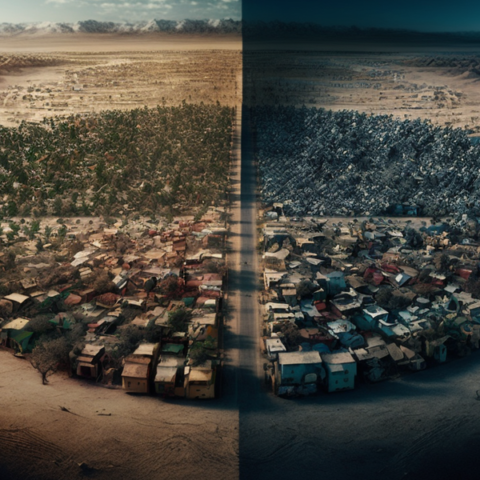
Mapping the brain to understand the physical storage of knowledge
The secrets of the mind have been investigated at all times, by most people and in most scientific disciplines from philosophy, social science and psychiatry to biology, chemistry and physics.What is it that makes us who we are? And how does the mind change as we learn and develop through life? This episode of the Science and Cocktails Podcast is a guided tour through the brain following synapse, axon and dendrites, when caching the physical traits of learning and memories in a content so dence of connections, that it takes years to go through just a few millimeters. Our Tourguide is the neuroscientist-superstar, Jeff Lichtman. He will take us through the mind, walking through every single connection between the neurons. He will show us what the brain actually looks like and how it stores information. And He will tell us about what makes the human brain so special that it is now taking evolution into its own hands, by changing the DNA of living organisms and preparing to leave to other planets.
A Science and Cocktails production funded by The Lundbeck Foundation
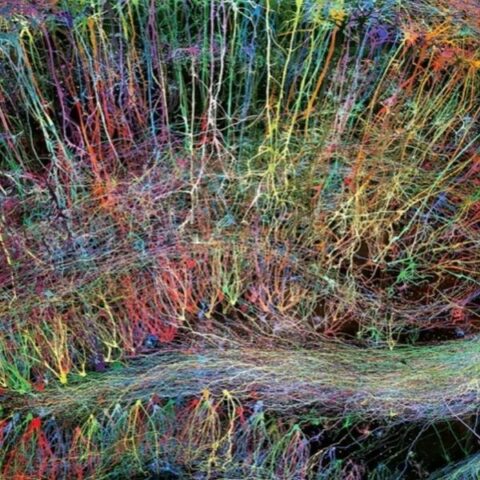
Coral bleaching - The Dark Future of the Coral Reefs
Coral reefs occupy less than 1% of the ocean but are home to 25% of the ocean's species. Unfortunately, nowadays the corals are bleaching. This is because the corals, due to rising sea temperatures, have to expel the tiny algae that live in their outer tissues, which give them their brilliant colors and make their food. When the algae are expelled, the corals turn pale, and sooner or later they die of starvation.This episode of Science and Cocktails Podcast is a sad love story about the most beautiful and diverse ecosystems experiencing the spiral of destruction. And to tell this sad story, we have the great protector of coral reefs, Callum Roberts, who fell in love with coral reefs at first sight and has devoted his life to protecting them.He will take us to some of the most beautiful places on earth and tell us about his lifelong love, coral reefs. He will warn of their downfall and urge politicians to act now.
A Science and Cocktails production funded by the Novo Nordisk Foundation.

How Autism Drives Human Invention
A while ago Simon Baron-Cohen filled up the big concert hall at the Danish National Broadcasting Corporation with curious and excited Science and Cocktails participants when he gave his talk on How Autime Drives Human Invention.
And after the talk, there were more than a hundred questions from the audience.
We picked out some of them and met Simon Baron-Cohen on zoom on Friday afternoon.
This podcast is basically Simen Baron-Cohen answering those questions. So it is a contribution to the very interesting talk he gave in Copenhagen. And If you were not there you can watch the whole talk on Science and Cocktails Youtube Channel.
A Science and Cocktails production funded by the Novo Nordisk Foundation.

Tracing Algorithms
The amount of data we are leaving behind is expanding as apps, smartphones and general interaction with the internet have become more and more integrated into our daily lives and the monitoring and selling of our personal data are increasing as the development of machine-learning progress. The possible future scenarios this development will bring are many and consequences unknown. It all depends on the context.
A Science and Cocktails production funded by The Novo Nordisk Foundation.
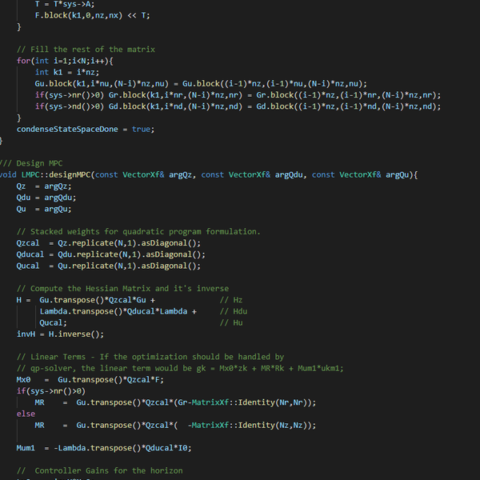
What makes a Murderer - The biology of violence
This episode of the Science and Cocktails Podcast is about the biology behind violent and psychopathic behaviour. If homicide and other violence are caused by biological brain functions and dysfunction can we then, -firstly detect predisposition for violent behaviour, -secondly, can we treat it and at last - can we blame it all on the violent offender. Those are questions raised by Professor of Criminology, Psychiatry and Psychology, Adrian Raine.
A Science and Cocktails production funded by The Novo Nordisk Foundation.

What is self
This episode of the Science and Cocktails Podcast is dicking deeply into philosophy searching for an answer to one of the big questions: “what is self” and to answer that question we have Professor in philosophy, Dan Zahavi. Dan Zahavi is a kind of rockstar within phenomenology and he has some very interesting perspectives on what is self. He gave a talk at a Science and Cocktails event this summer about the self going from Buddhist philosophy to modern neuroscience and you can see the whole talk on the science and cocktail youtube channel. In this podcast episode, we will go deeper into Dan Zahavi's own perspectives.
A Science and Cocktails production funded by The Novo Nordisk Foundation.

Gender in Science
Gender inequality within academia and science is an issue all over the world. Even though more than half of the undergraduates and even more master students are women only 29% of the employees at the universities are and only 5% of the professors. These numbers are the global average. But gender equality is an issue in academia in all countries even those that er considered pioneers within gender equality. This episode of the science and cocktails podcast will dive into the gender equality issues in science and academia and look at why science is so far behind in combating gender inequalities in a supposedly gender-equal country like Denmark.
A Science and Cocktails production funded by The Novo Nordisk Foundation.
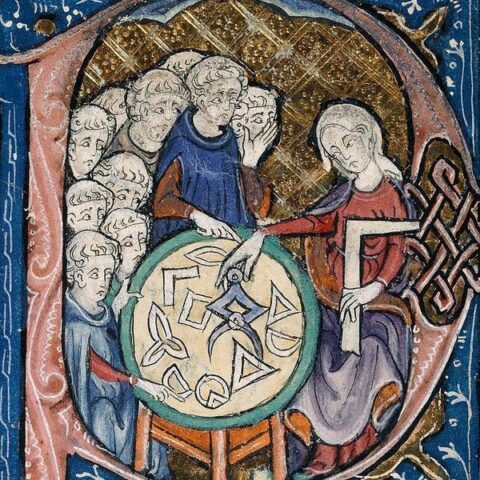
Under the Trees
The rainforest is a unique ecosystem in a delicate balance. If a larger part of the forest is destroyed the balance will be tipped resolving the whole forest area to turn into a savanna because the ecosystem won’t be able to cycle all the water it needs. The whole ecosystem will collapse. Global deforestation has been an issue of public concern for more than 50 years. Still, the primary forest areas are decreasing every year.
Not only are the primary forests storing enormous amounts of CO2, but they are also the homes of 80% of all species of plants and animals. Many of them being in great danger of extinction. It is estimated that 4000-6000 rainforest species go extinct every year.
This Episode of the Science and Cocktails Podcast will take a look at the global picture of deforestation and reforestation and zoom into what drives deforestation and how it can be stopped.
Contributing scientist; Thilde Bech Bruun, Associate Professor and Rasmus Fensholt, Professor at Department of Geosciences and Natural Resource Management at University of Copenhagen,
A Science and Cocktails production funded by The Novo Nordisk Foundation.

The World is Coming to an End
The Greenland Ice Sheet is melting much faster than predicted due to several amplifying processes. Jason Box has seen the environmental changes with his own eyes as he has been investigating the Greenland Ice Sheet for decades. In this episode, he will tell us about how bad it is and what needs to be done to slow down the acceleration of climate disasters.Contributing scientist; Jason Box, Professor in glaciology and renowned expert in the Greenland ice sheet and climate change.
A Science and Cocktails production funded by The Novo Nordisk Foundation.

The Pill
The Birth Control Pill has liberated women by making it possible to control when to have children. But using the pill is not without a prize, for many, who experience several side effects to its use. Recently scientific studies have shown that using the pill, and other kinds of hormonal contraceptives increase the risk of depression, doubles the suicide rate and change the serotonin receptors related to feelings of joy and satisfaction, as well as changing the level of the love hormone, Oxytocin and the stress hormone, Cortisol. Meet the scientists behind and get to know all about it, in this episode of The Science and Cocktails Podcast.
A Science and Cocktails production funded by The Novo Nordisk Foundation.

CRISPR - a tool for human genome modification and so much more
CRISPR is an adaptive immune system found in a bacterium and archaea, which is now used as a tool for human genome modification. And technology is developing fast. This episode is about what CRISPR is, how it can be used, and what ethical dilemmas are involved. And how CRISPR is more than a tool for genetic engineering, it is a tool for understanding the interaction between the bacteria and viruses in our gut, our immune system and maybe even our behaviour. The potential of science is full of hopes and dreams, dangers and fears.
A Science and Cocktails production funded by The Novo Nordisk Foundation.
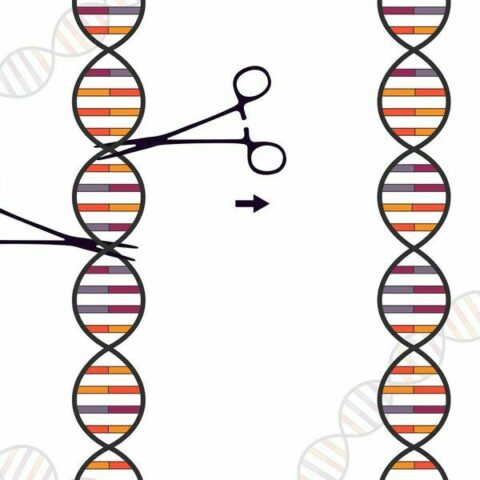
Quantum Computers on the rise and the end of human disasters
The development of Quantum Computers is moving and it is moving fast. Charles Marcus is one of the scientists pushing things forwards and holding the strings. He is telling us that this is a huge step for humanity and it might change the world.
A Science and Cocktails production funded by The Novo Nordisk Foundation.

Climate Change and Vector-borne diseases
As global climate change leads to rising temperature and increasing rainfall vectors, like mosquitoes and ticks, carrying deadly diseases, are increasing numbers and moving from the south to the north.
A Science and Cocktails production funded by The Novo Nordisk Foundation.

Loneliness in Coronatimes
The global interventions to protect populations from the Corona pandemic has had enormous side effects in relation to the general mental health. Because one of the interventions has been social isolation many, especially young people, have suffered from loneliness, which is a threat to both mental and physical health.
A Science and Cocktails production funded by The Novo Nordisk Foundation.
